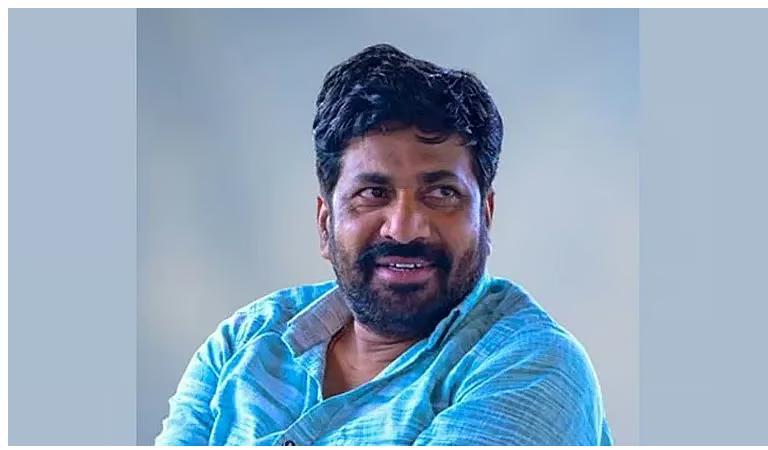
BJP Never Promised Farm Loan Waiver in Manifesto: Maha Minister
The ongoing debate over farm loan waivers in India has taken a new turn with a statement made by a Maharashtra minister. Atul Save, a minister in the Maharashtra government, recently claimed that the Bharatiya Janata Party (BJP) never promised farm loan waivers in its manifesto for the 2024 state assembly elections. This statement was made in response to a hunger strike by Prahar Janshakti Party founder, Bachchu Kadu, who had been demanding a complete farm loan waiver.
Kadu, who is also a social activist, had been on a seven-day hunger strike in the Amravati district of Maharashtra to press his demand for a farm loan waiver. The strike had gained significant attention, with many farmers and activists supporting Kadu’s cause. However, after the government assured to consider his demand, Kadu ended his hunger strike.
Save’s statement has sparked a controversy, with many questioning the BJP’s stance on farm loan waivers. The BJP has been a vocal critic of farm loan waivers in the past, with many of its leaders arguing that such waivers can create moral hazards and undermine the credit culture in the country.
However, Save’s statement suggests that the BJP may not have promised farm loan waivers in its manifesto for the 2024 state assembly elections. The manifesto, which was released in February 2024, did not mention farm loan waivers as a specific promise. Instead, it emphasized the need to improve the credit infrastructure in rural areas and provide financial assistance to farmers through various schemes.
Save’s statement has been welcomed by some farmers and agricultural experts, who argue that farm loan waivers can create distortions in the market and undermine the sustainability of agriculture. They point out that the BJP’s emphasis on improving the credit infrastructure and providing financial assistance to farmers through schemes is a more sustainable approach to addressing the financial difficulties faced by farmers.
However, others have criticized Save’s statement, arguing that the BJP’s stance on farm loan waivers is inconsistent. They point out that the party’s leaders have made contradictory statements on the issue in the past, and that the party’s manifesto does not provide a clear roadmap for addressing the financial difficulties faced by farmers.
The controversy over farm loan waivers is not new, and has been a contentious issue in Indian politics for many years. The Congress party, which was in power at the center until 2014, had implemented a farm loan waiver scheme in 2008, which led to a significant reduction in the outstanding debt of farmers. However, the scheme was criticized for its implementation and the lack of transparency surrounding it.
The BJP, which came to power in 2014, has been critical of farm loan waivers and has instead emphasized the need to improve the credit infrastructure and provide financial assistance to farmers through schemes. The party has also implemented several schemes aimed at improving the financial health of farmers, including the Pradhan Mantri Kisan Samman Nidhi (PM-KISAN) scheme, which provides a fixed income to small and marginal farmers.
Despite the controversy over farm loan waivers, the issue remains a critical concern for many farmers in India. The country’s agricultural sector is facing several challenges, including declining crop yields, increasing input costs, and climate change. Many farmers are struggling to make ends meet, and the lack of access to credit and other financial services is a major constraint.
The government’s response to the hunger strike by Kadu, which included assurances to consider his demand for a farm loan waiver, has been seen as a significant development. The government’s willingness to engage with the protesters and consider their demands is a step in the right direction, and suggests that the government is willing to listen to the concerns of farmers.
In conclusion, the controversy over farm loan waivers in India is complex and contentious. While Save’s statement may have sparked a controversy, it highlights the need for a nuanced approach to addressing the financial difficulties faced by farmers. The BJP’s emphasis on improving the credit infrastructure and providing financial assistance to farmers through schemes is a more sustainable approach to addressing the issue, and the government’s willingness to engage with protesters and consider their demands is a positive step forward.






